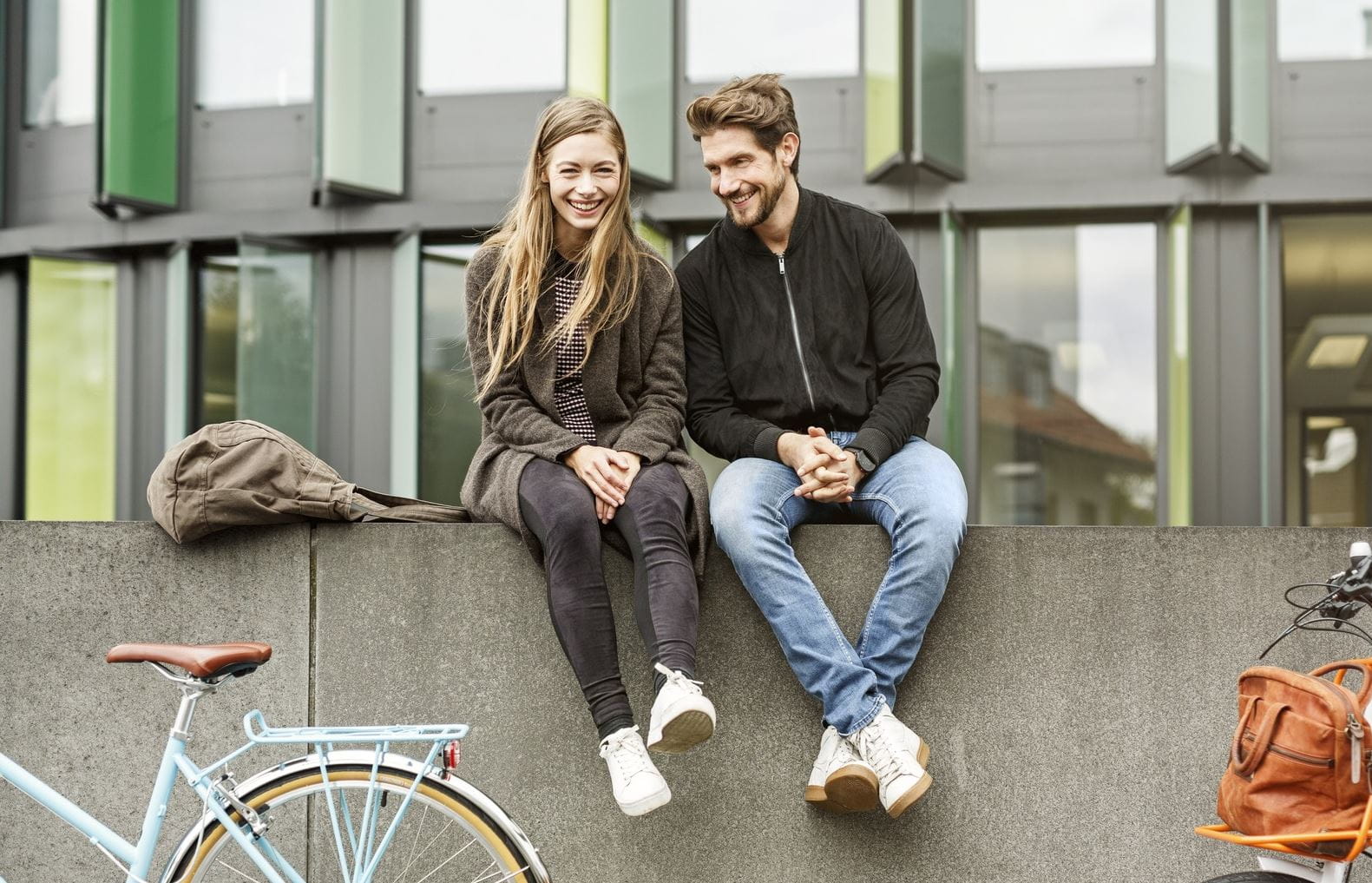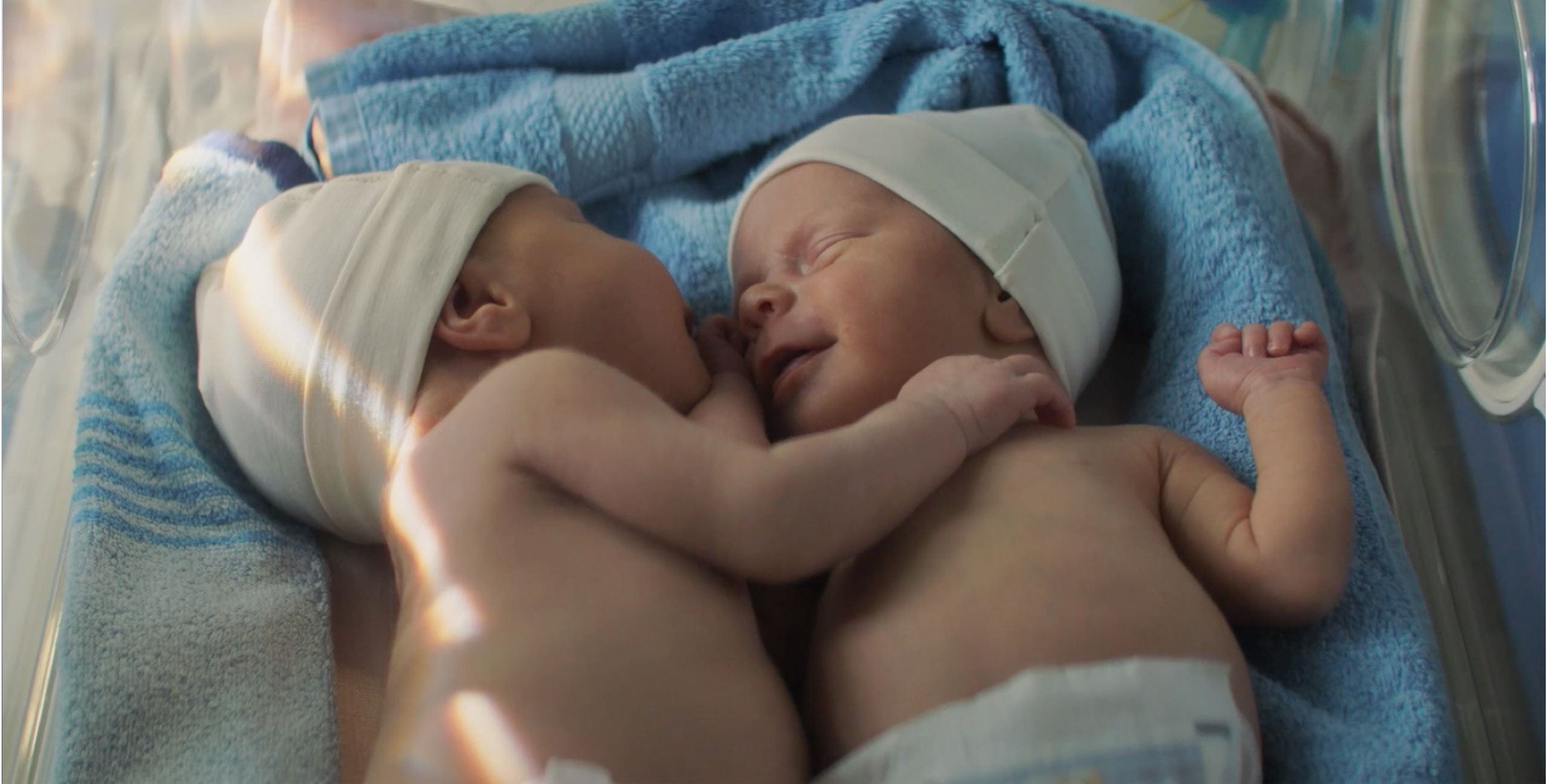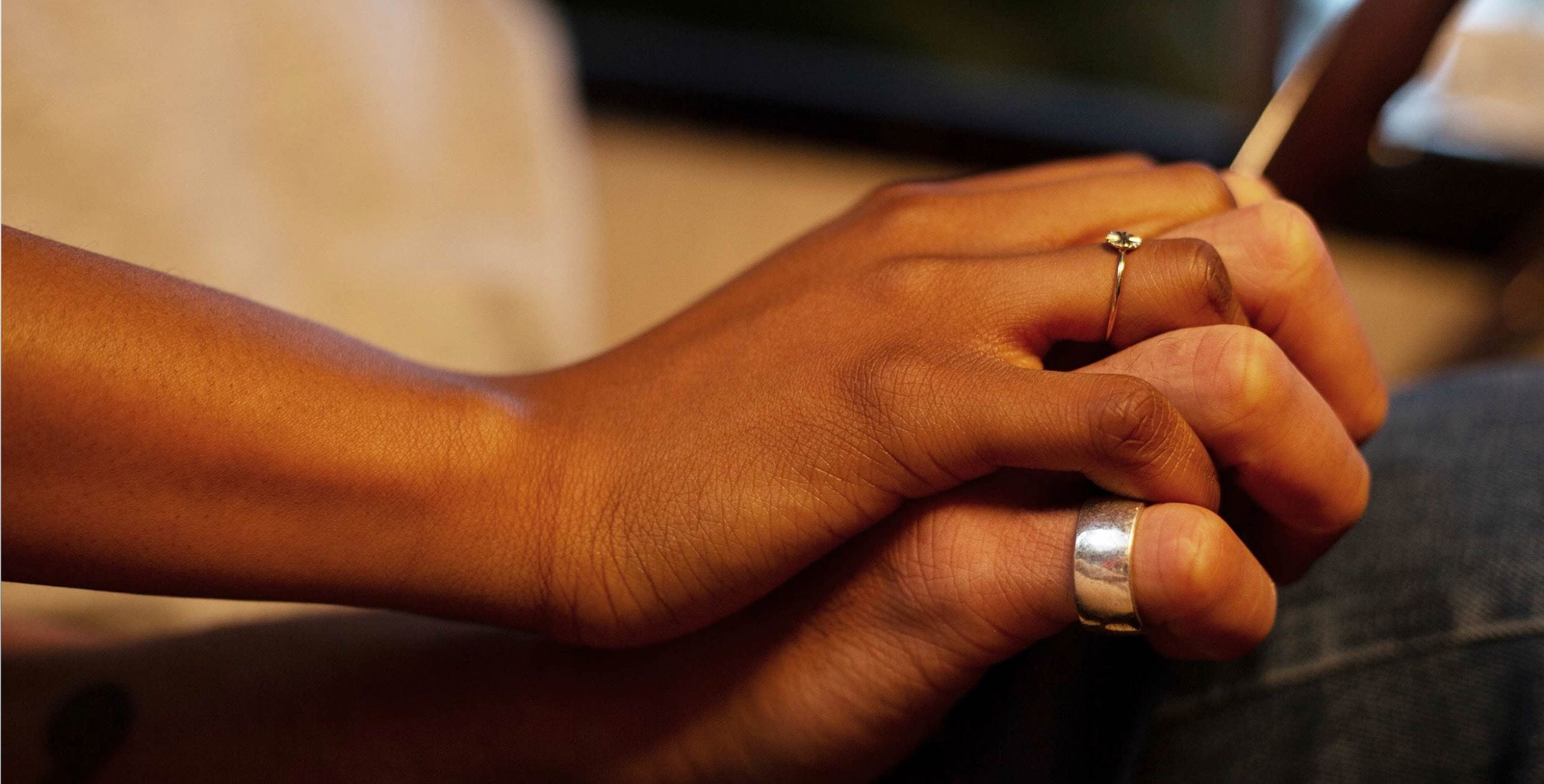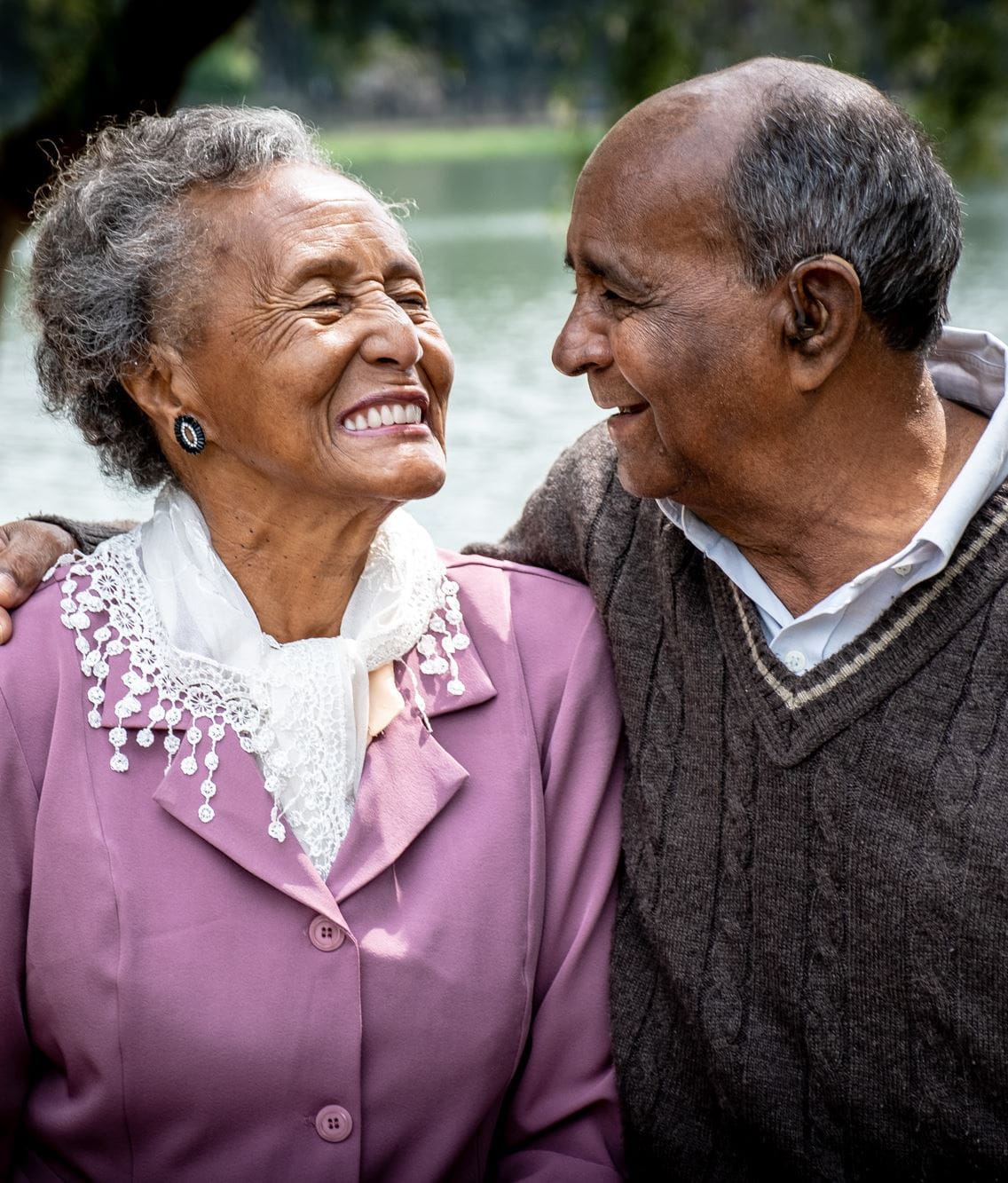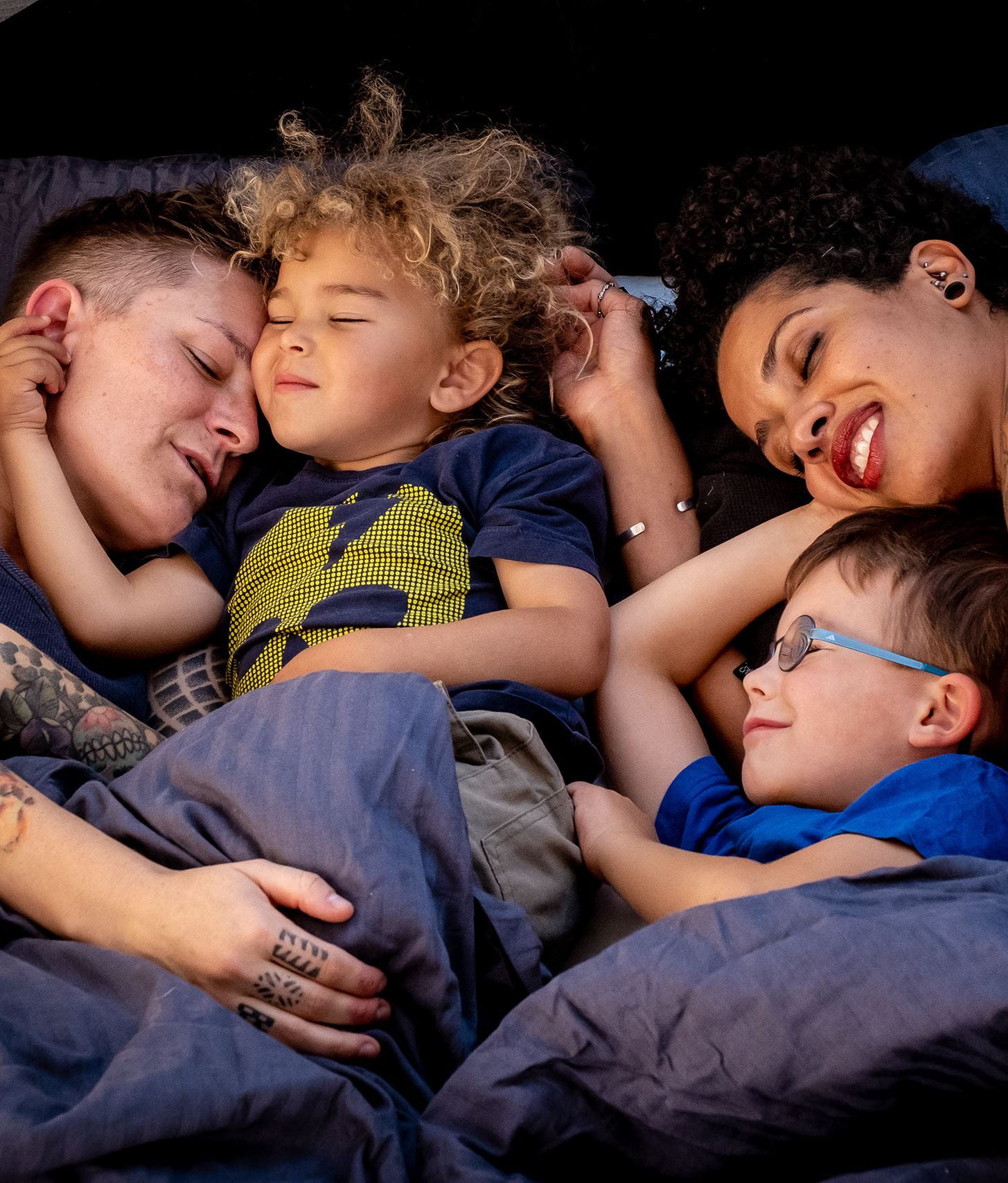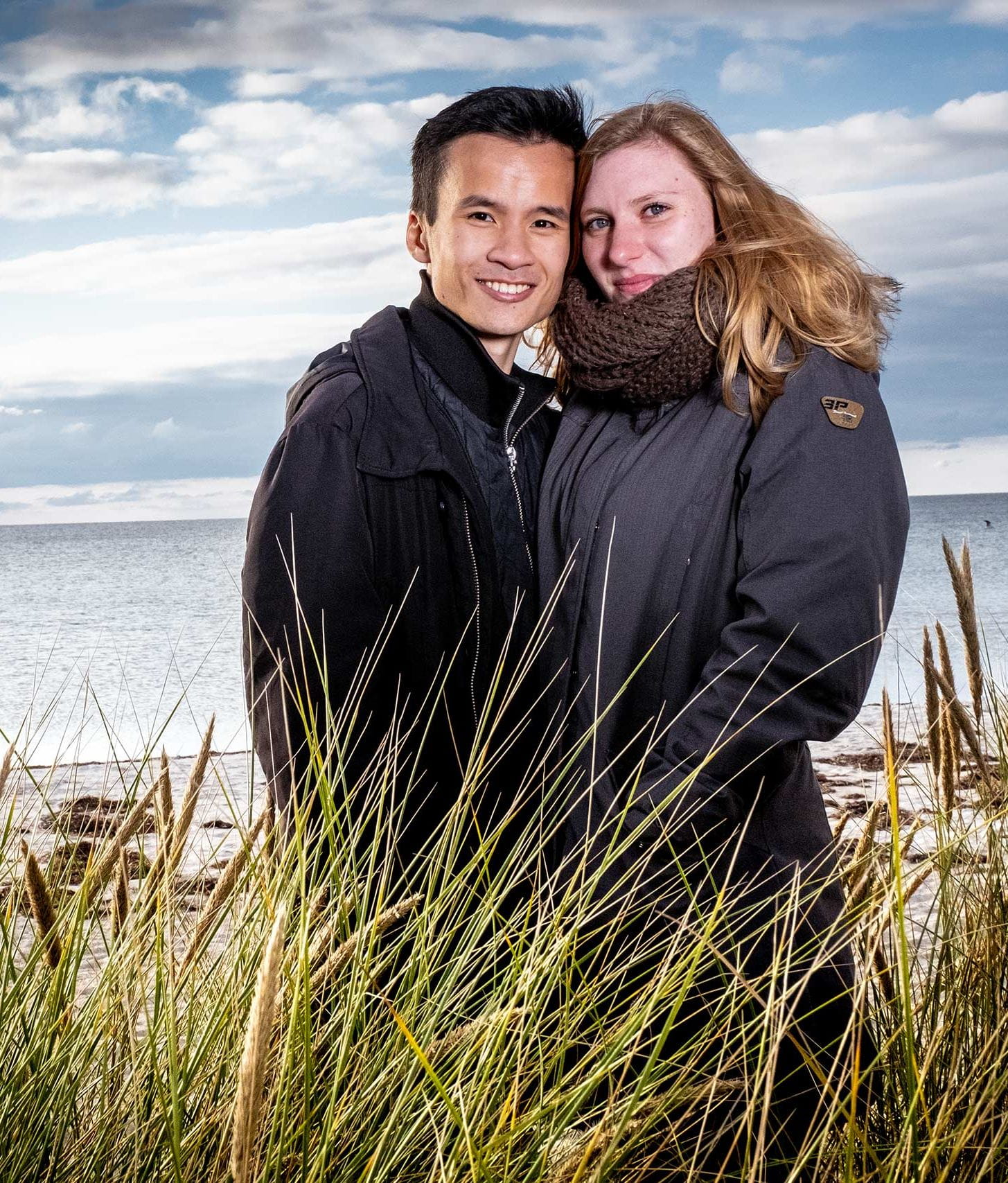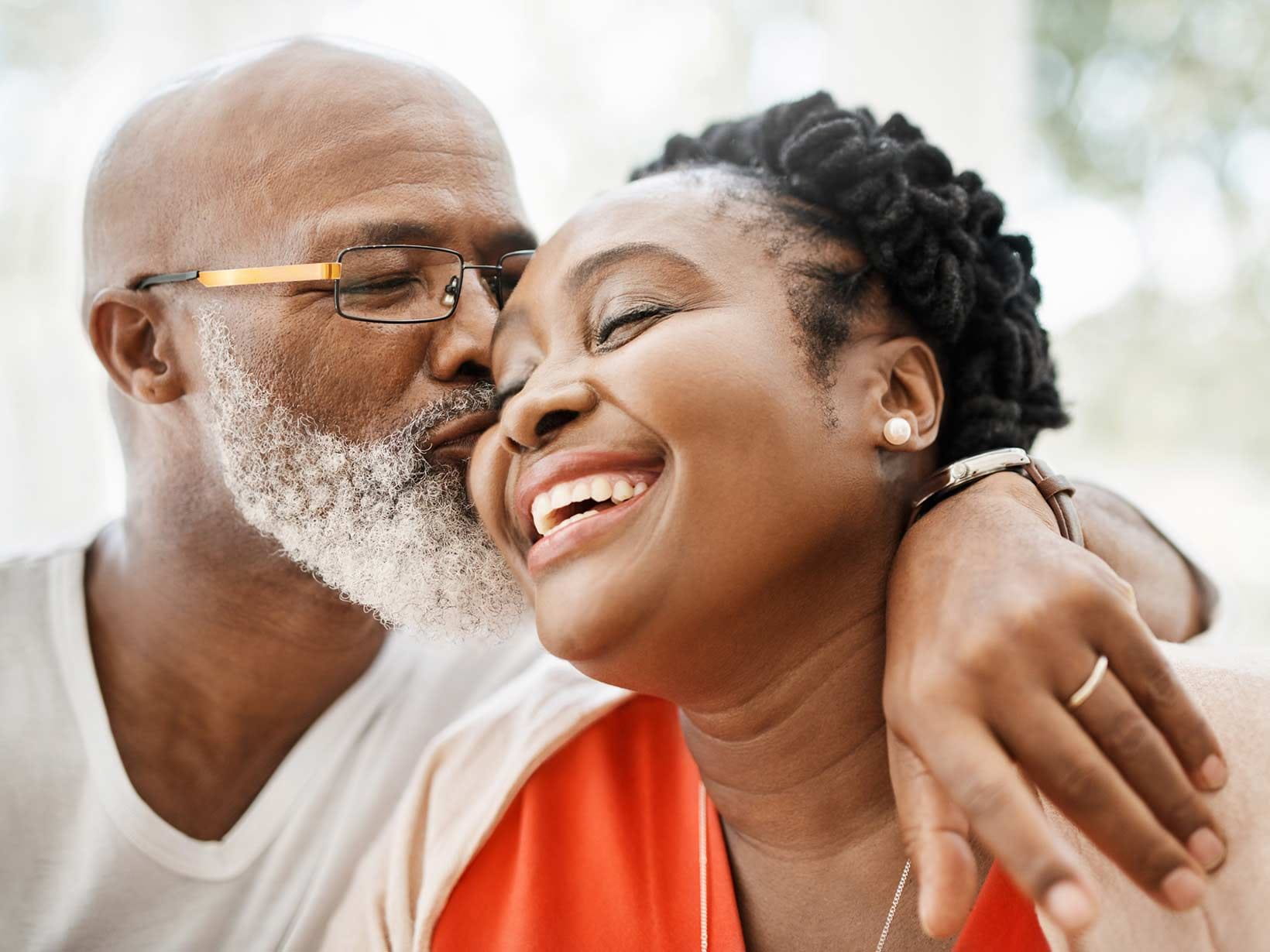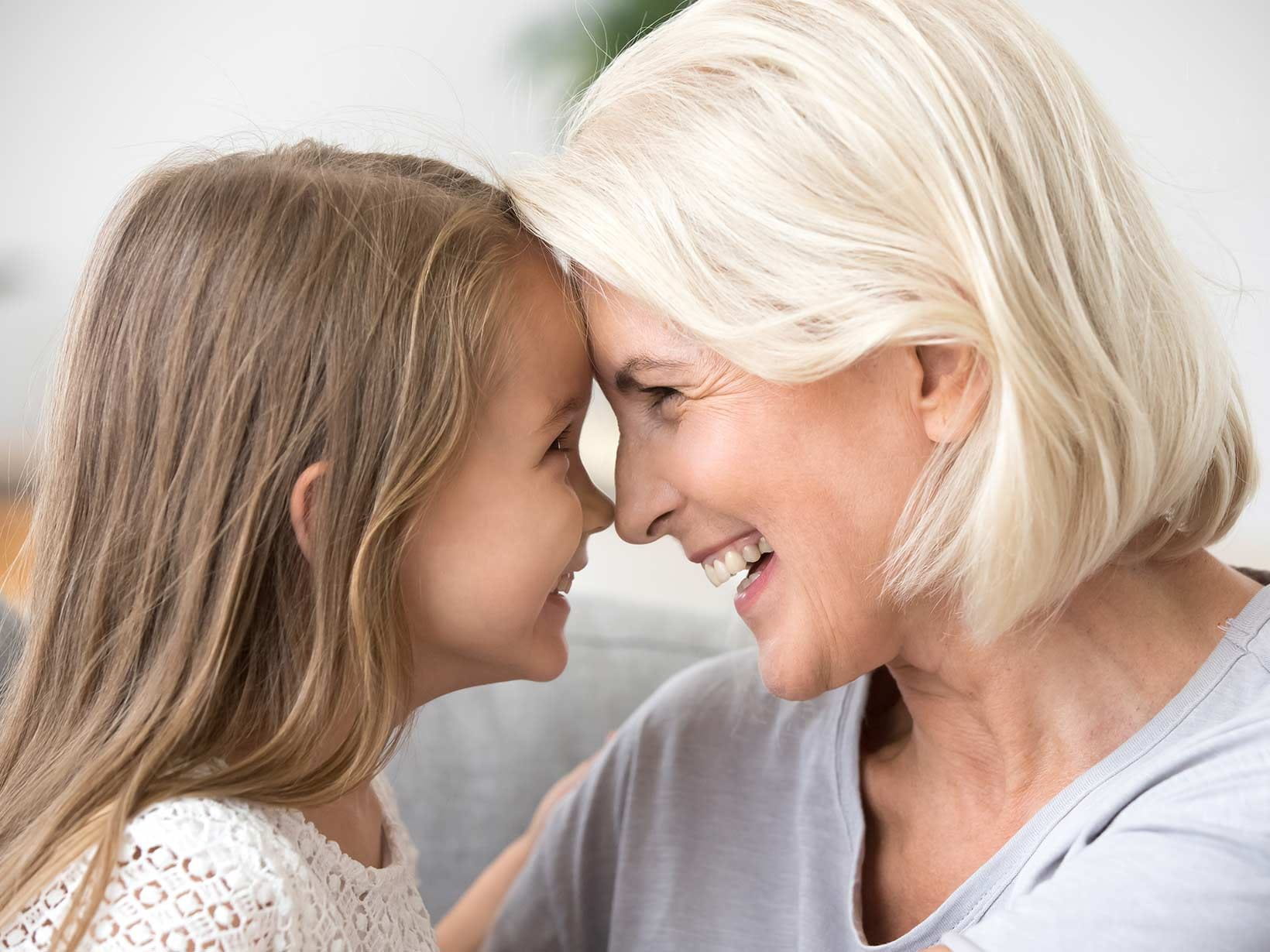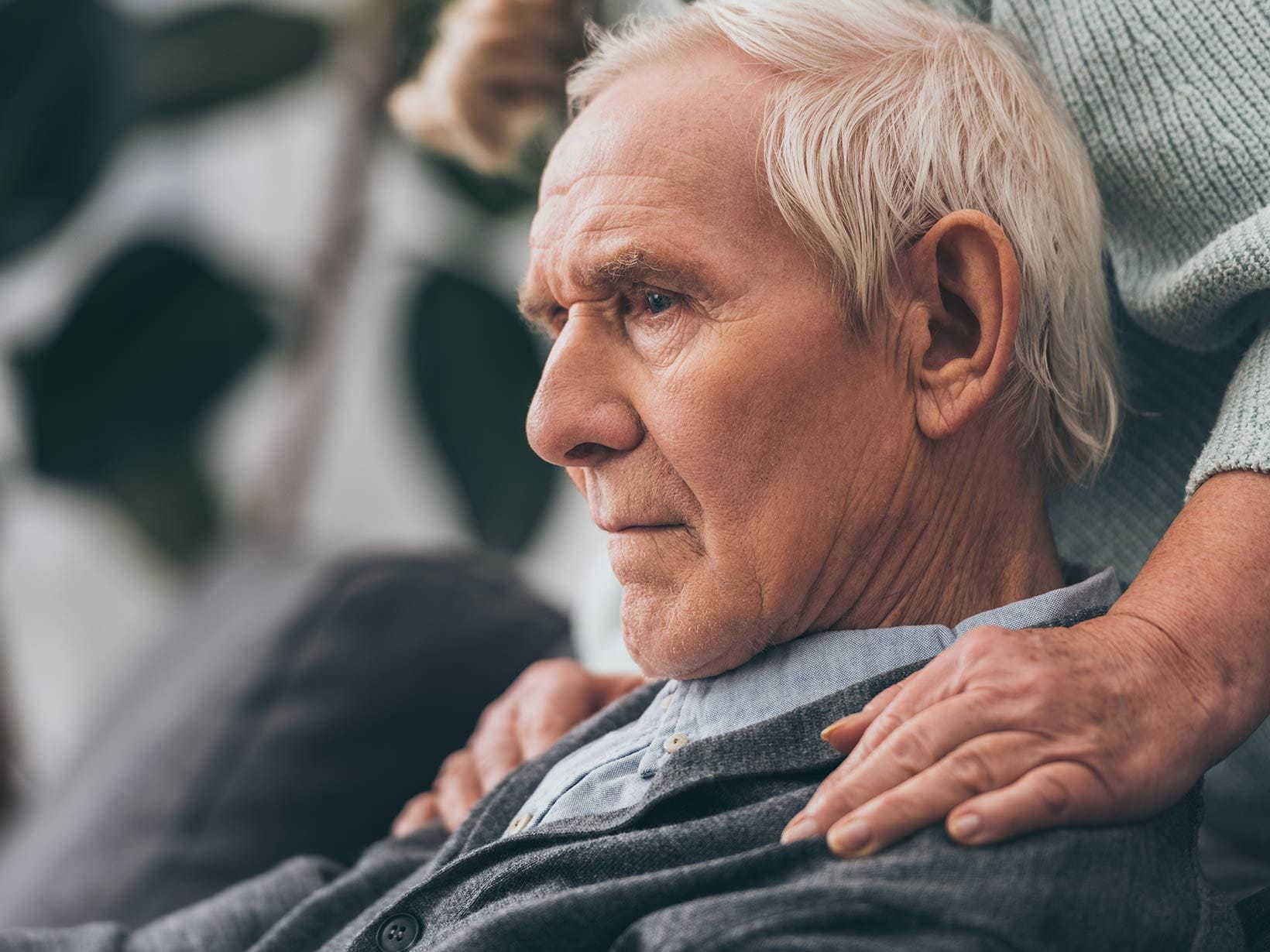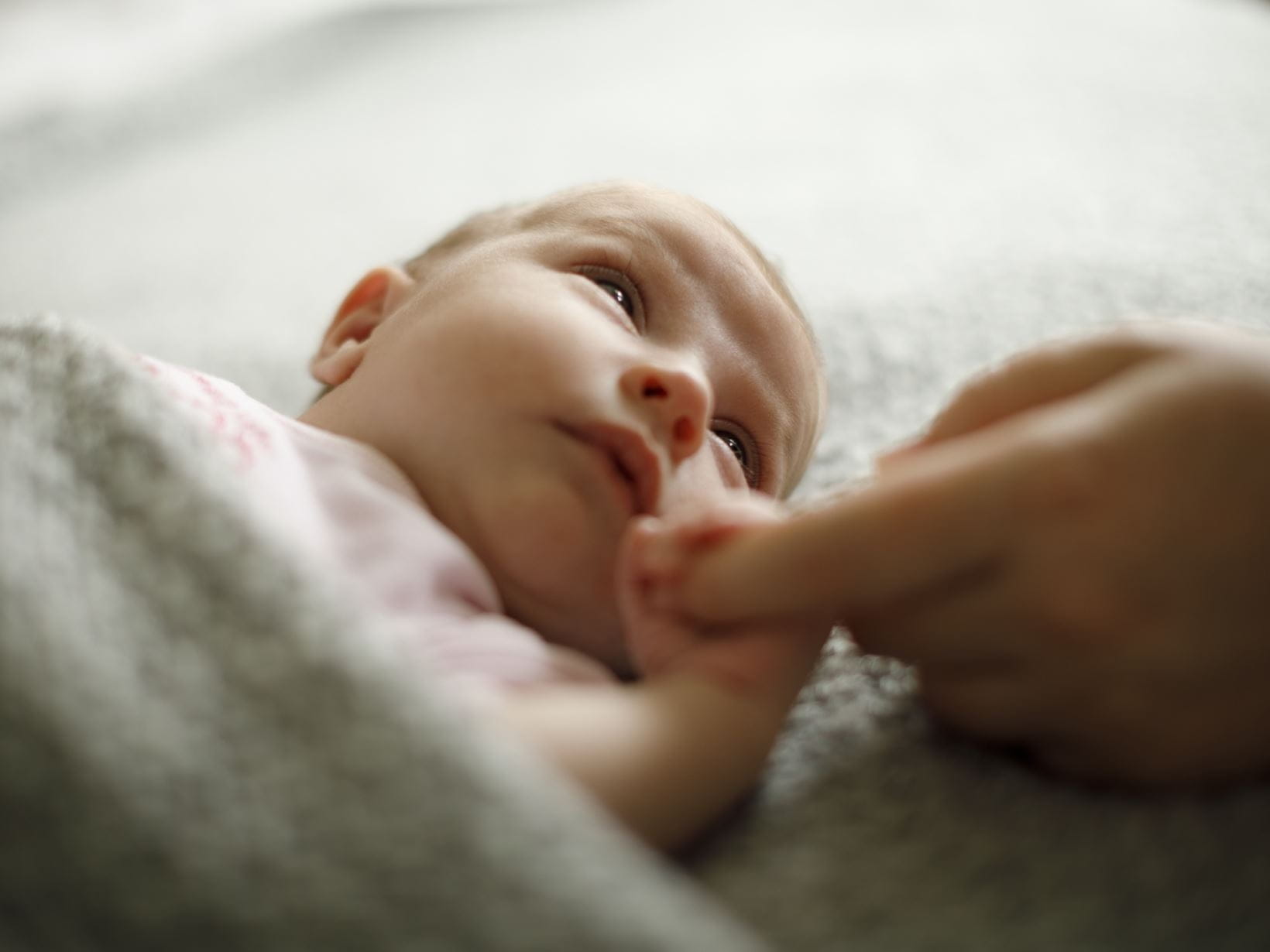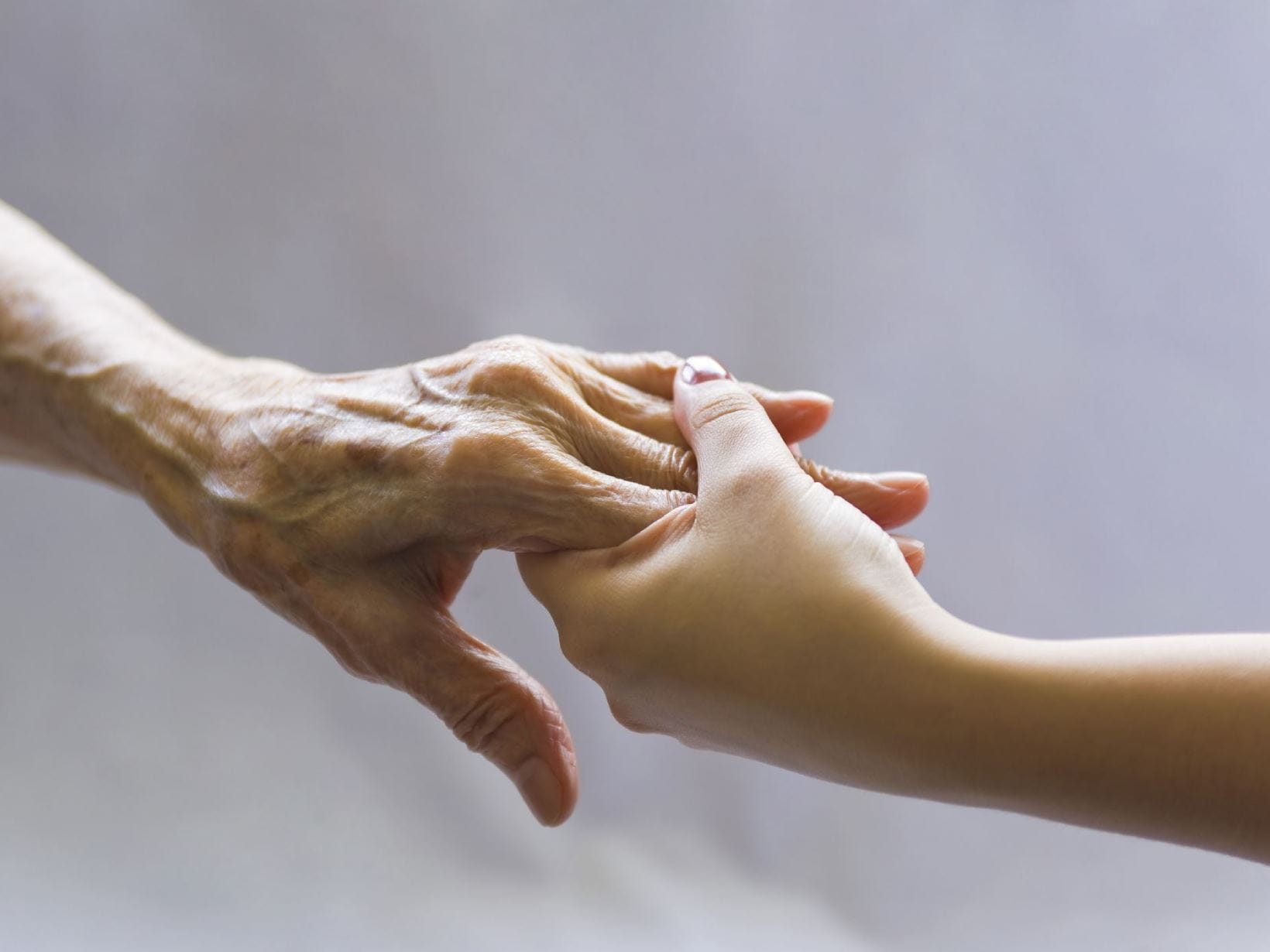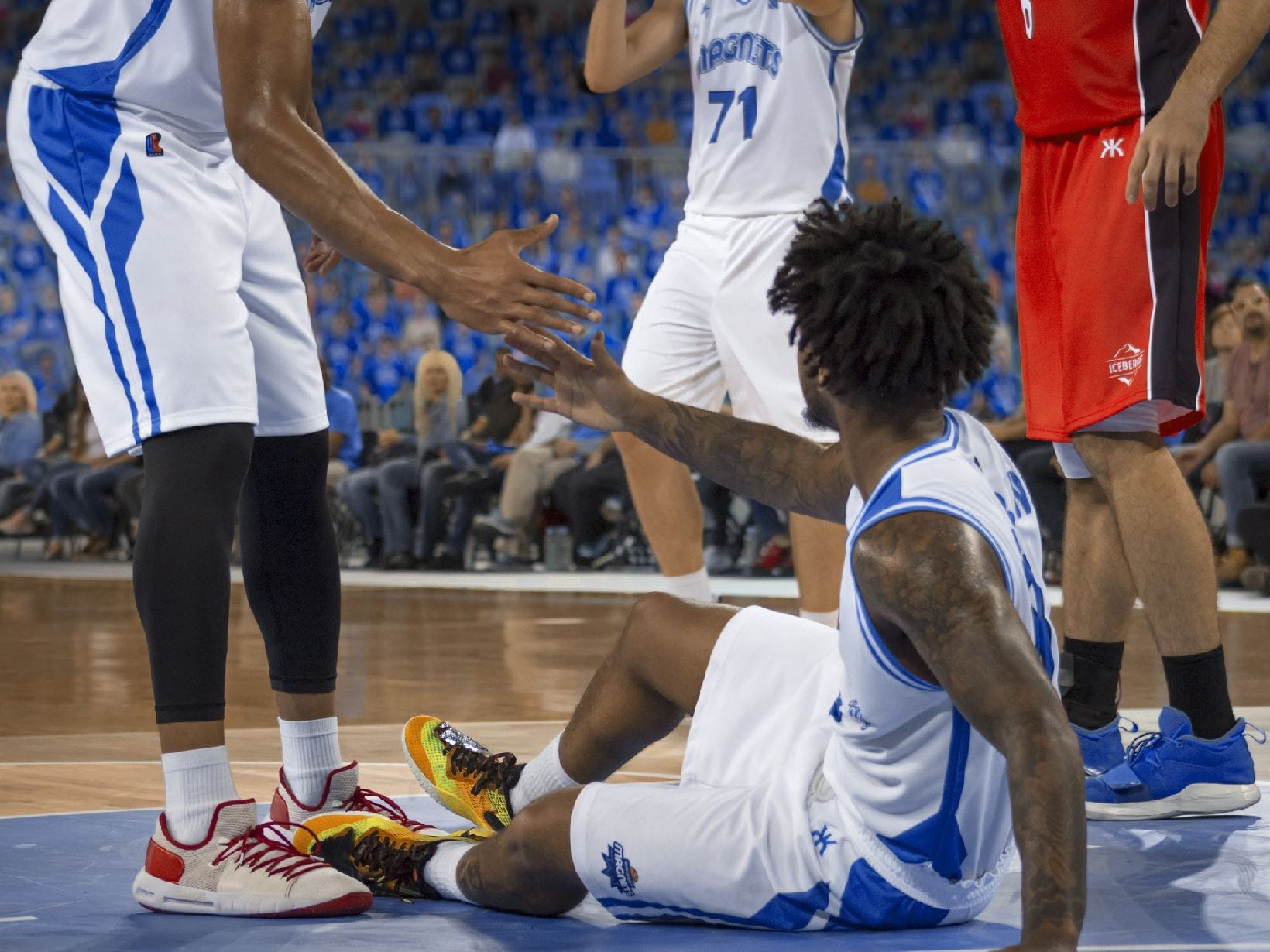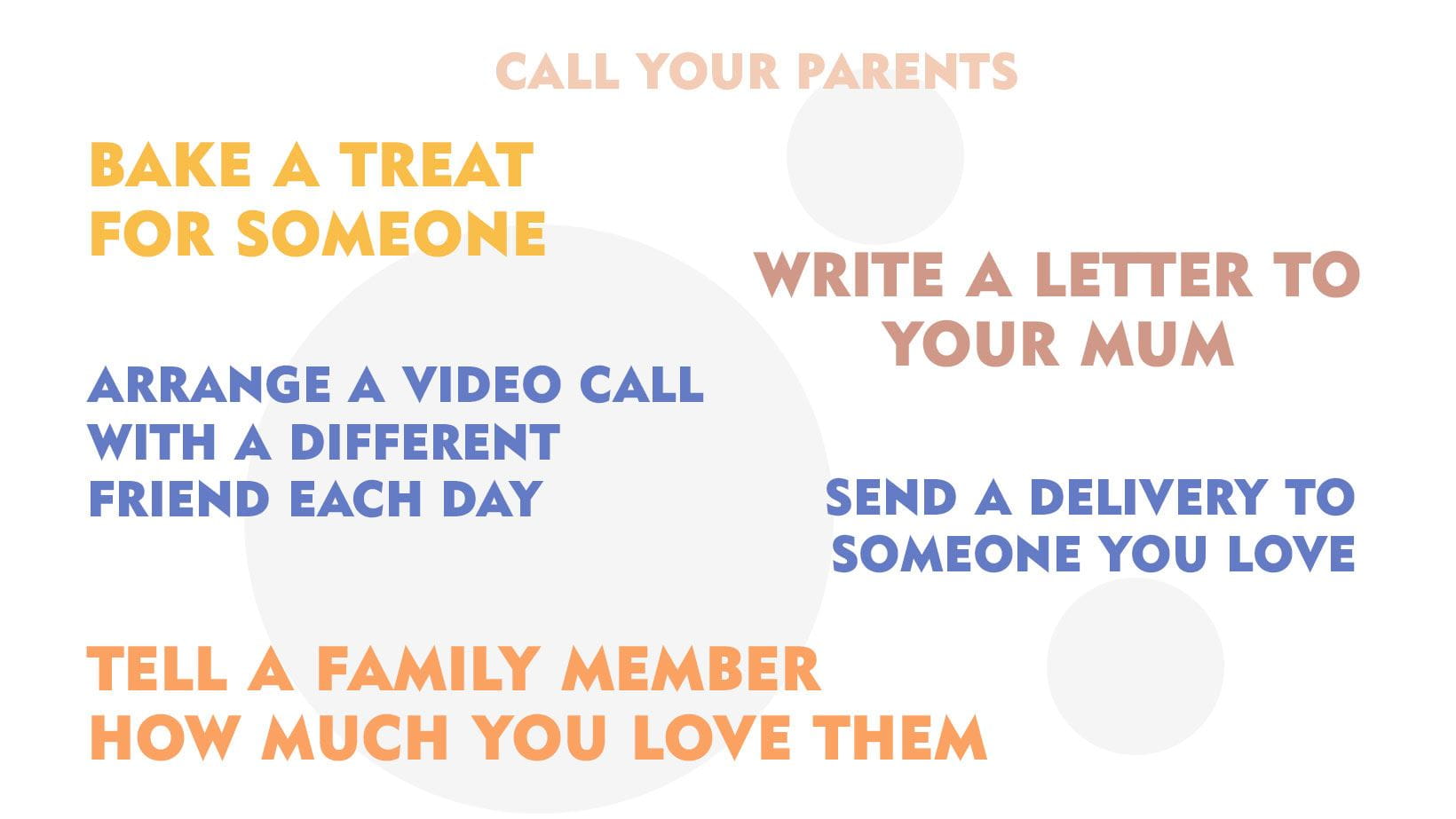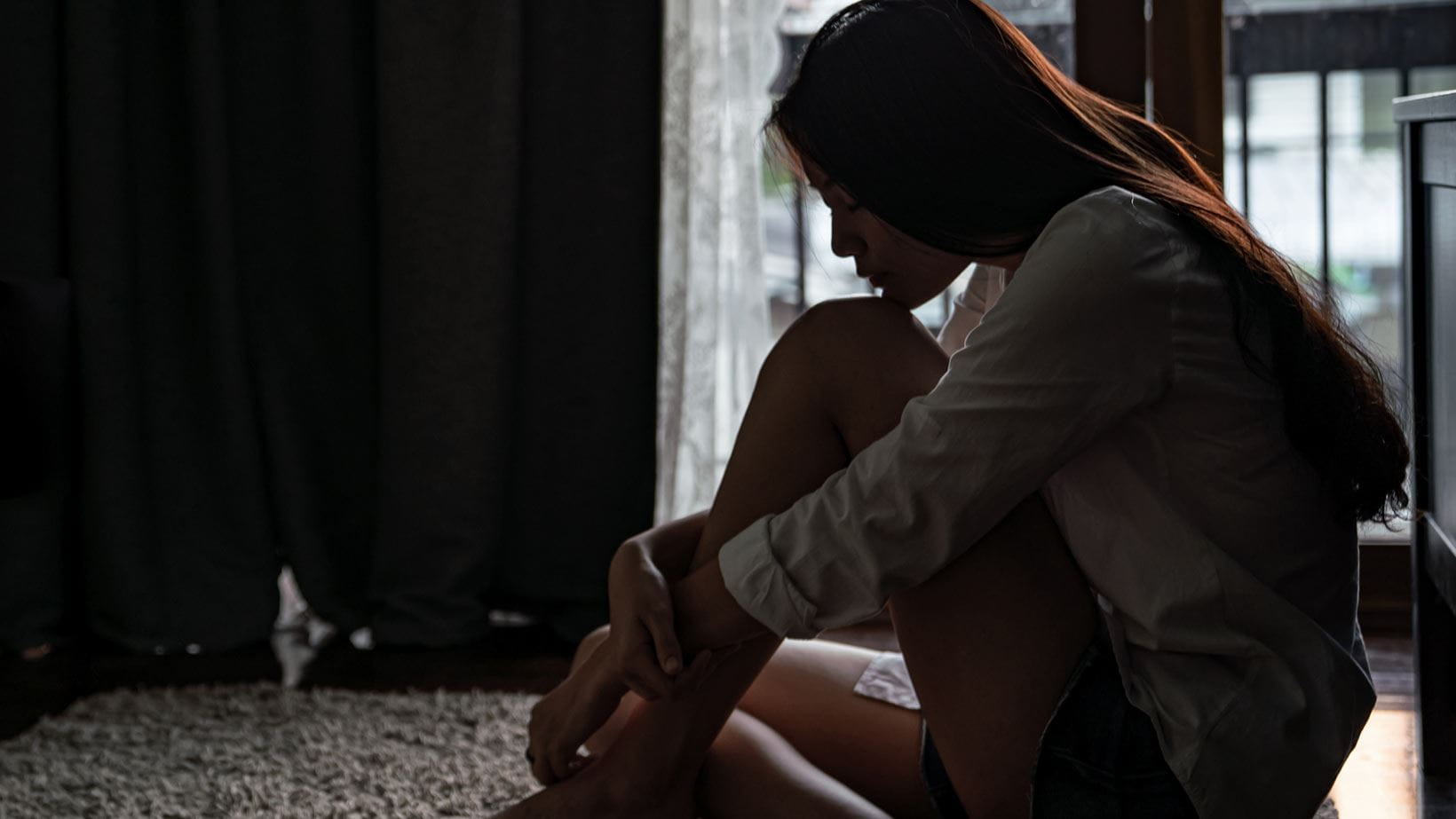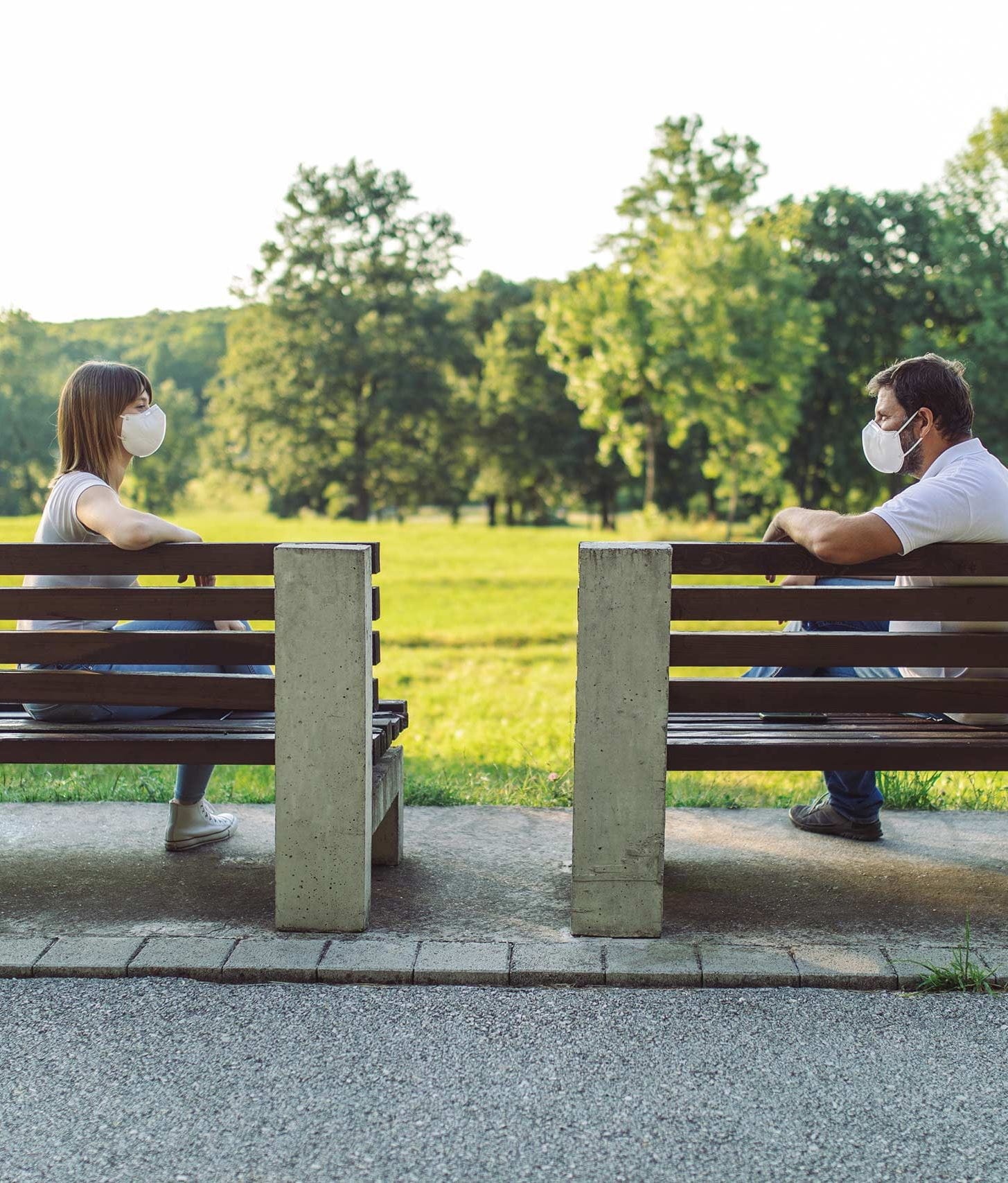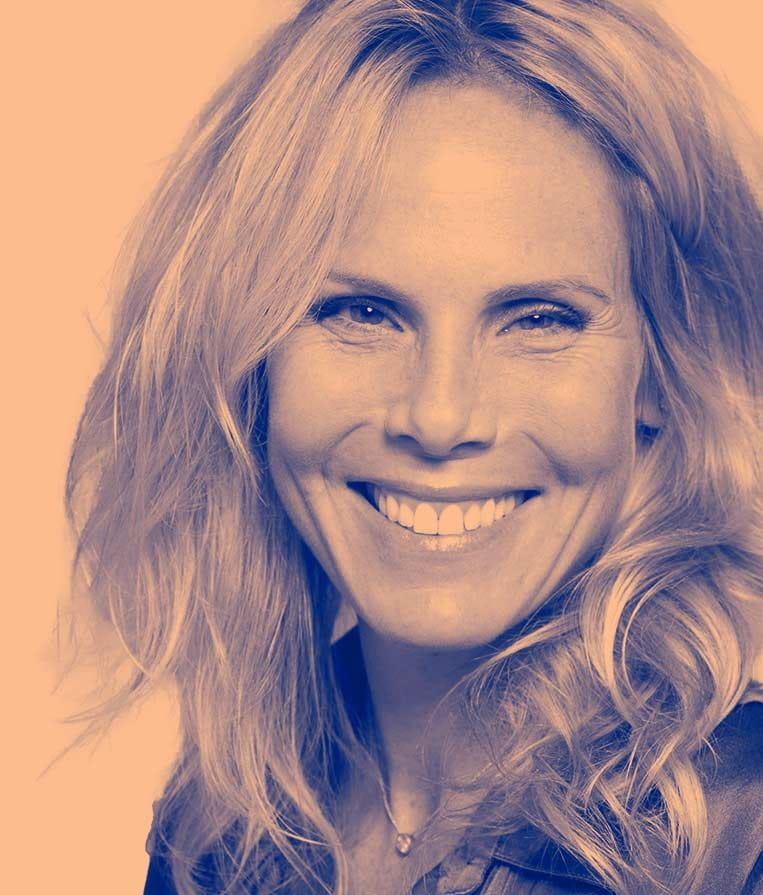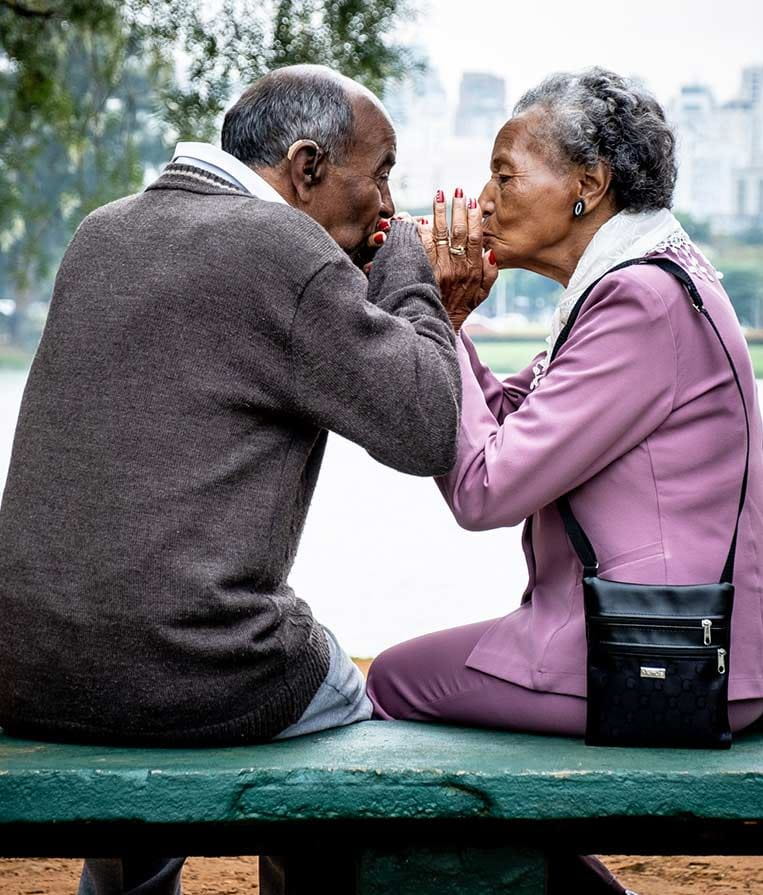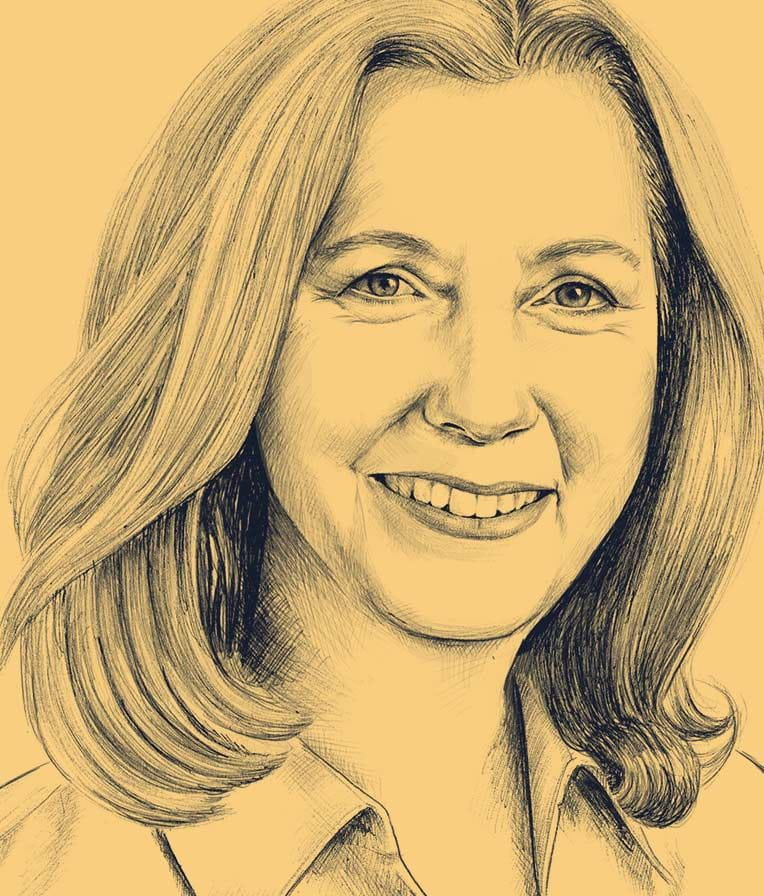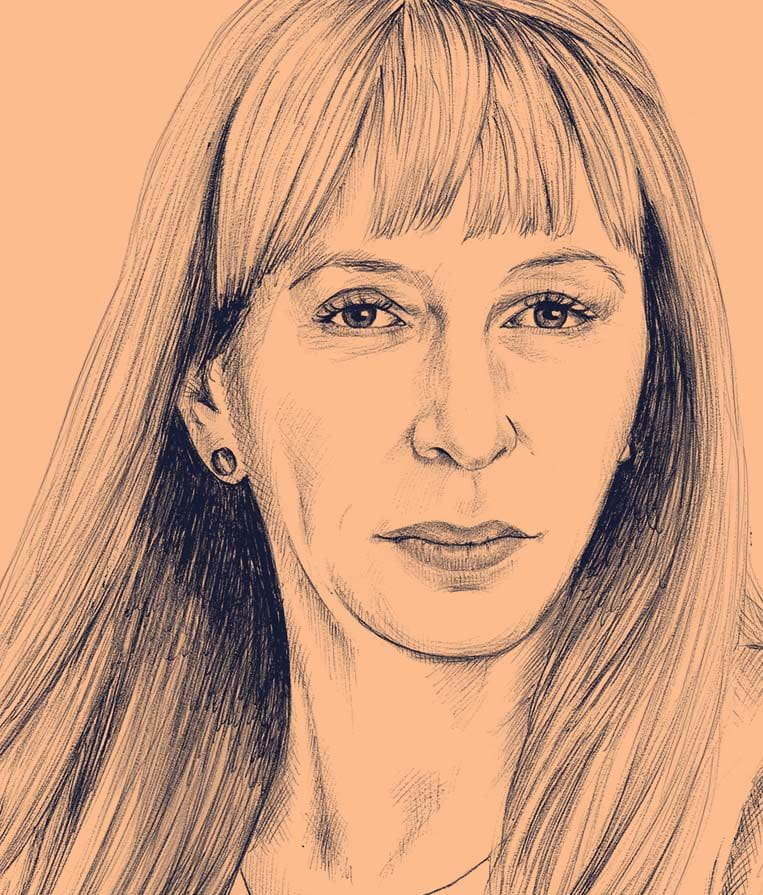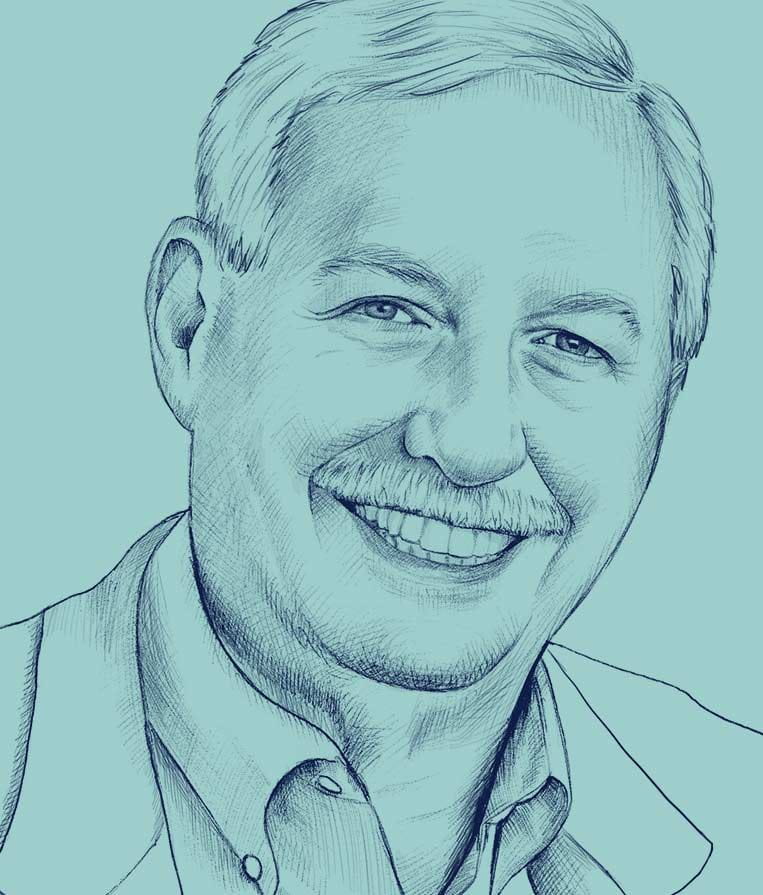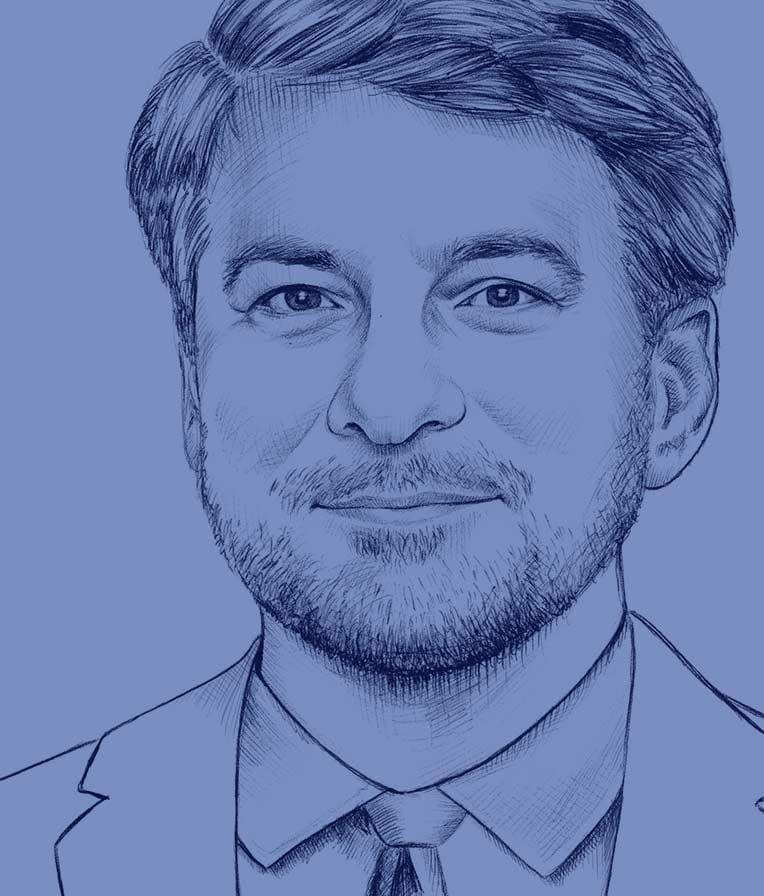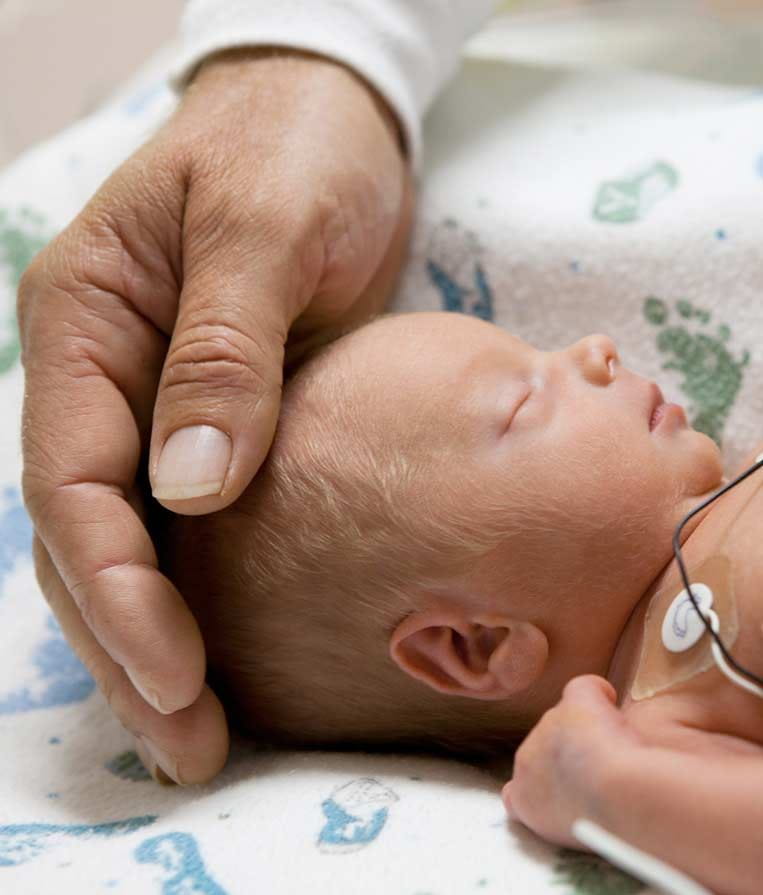Stories
EFFECTS OF TOUCH
What Happens to Our bodies When We Are Touched?
“This is a traumatic time and the virus is not a game. We will still get back to physical touch once we can, because connecting through touch is in our nature.”

Prof. Dr. Tzipi Strauss
Specialist in pediatrics and neonatology
The Power of Touch Is Scientifically Proven
Be Inspired
There are many ways to add more human touch to your world. Why not start today with one of them?
Global Report
The State of Human Touch
Every year, NIVEA conducts a worldwide survey with over 11,000 people. One impressive finding: Many people experience hardly any physical touch. And the Covid-19 pandemic has made this worse.
Global rates of approval:
“No physical contact at all the day before the interview.“
Global rates of approval:
“No physical contact at all the day before the interview.“
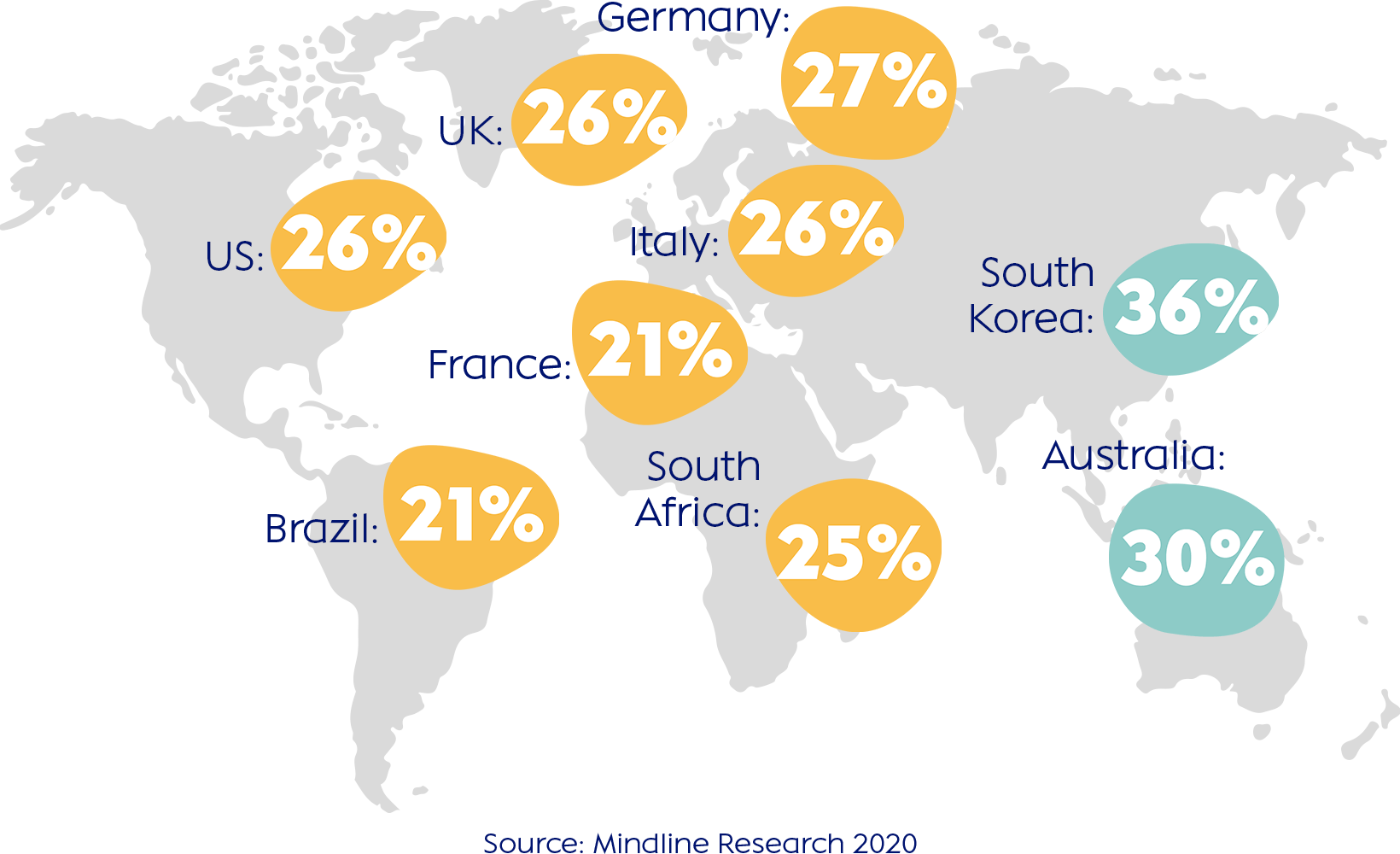
“Two friends in a café. Number of touches in England: zero. In the USA: two times. In Puerto Rico: 180 times.”
Sidney M. Jourard
Psychologist
Nonverbal Communication
The International Language of Touch
Of course, being touched by people with friendly intent can be either a pleasant or invasive experience. And although touch is a universal language and the first that we learn, there are some differences around the globe. For example, the following:
